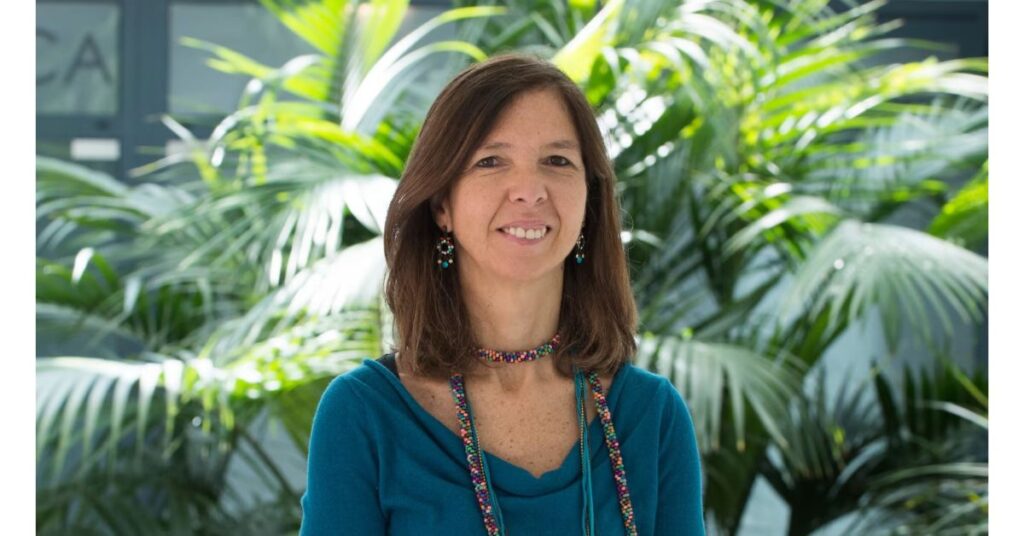The Association for the Advancement of Artificial Intelligence (AAAI) established the Fellows program in 1990 to acknowledge individuals who have made significant and prolonged contributions to the field of AI, typically spanning at least ten years. Each February, AAAI members nominate individuals they believe have achieved extraordinary distinction in AI. Then, a committee of nine current AAAI Fellows, chaired by the immediate Past President of AAAI, evaluates the nominees. The committee generally selects 5-10 new Fellows annually, based on a range of achievements, such as groundbreaking developments in AI theory, impressive accomplishments in AI technology and applications, and leadership in AAAI or similar scientific organizations that promote AI’s advancement.
Prof. Ana Paiva (University of Lisbon, IST-UL) is one of the elected fellows of this year, “for contributions to the development of embodied agents with social intelligence and their applications”.
She is the WP leader for WP6 in TAILOR, which is devoted to Social Artificial Intelligence. Supported by a great interdisciplinary team that spans from Computer Science to Humanities and Cognitive Science, they are looking for answers to the question: “How do AI agents act and learn in a society?”
Ana Paiva joins a long list of prominent scientists who have received recognition as AAAI Fellows in previous years and who are part of the TAILOR network. Below is a list of people involved in TAILOR who have been awarded by the AAAI community in recent years:
- 2022, Barry O’Sullivan School of Computer Science & IT, University College Cork, Ireland
For significant contributions to constraint programming and outstanding leadership in the AI community. - 2019, Luc De Raedt, Katholieke Universiteit Leuven, Belgium
For significant contributions to learning and reasoning through the integration of logical and relational representations in machine learning and probabilistic models. - 2017, Maurizio Lenzerini, Università degli Studi di Roma “La Sapienza,” Italy
For fundamental contributions to knowledge representation, description logics, ontologies, and AI and databases, which have become mainstream in AI. - 2016, Giuseppe De Giacomo, University of Rome La Sapienza
For significant contributions to the field of knowledge representation and reasoning, and applications to data integration, ontologies, planning, and process synthesis and verification. - 2015, Holger H. Hoos, University of British Columbia
For significant contributions to the field of automated reasoning and the development of widely used methods for algorithm selection and configuration - 2007, Hector A Geffner, ICREA and Universitat Pompeu Fabra
For significant contributions to the fields of planning, reasoning, and knowledge representation. - 2002, Sarit Kraus, Bar-Ilan University and University of Maryland
For significant contributions to modeling of negotiation, collaboration, and non-monotonic reasoning, including theoretical advances and applications in various computational domains.
